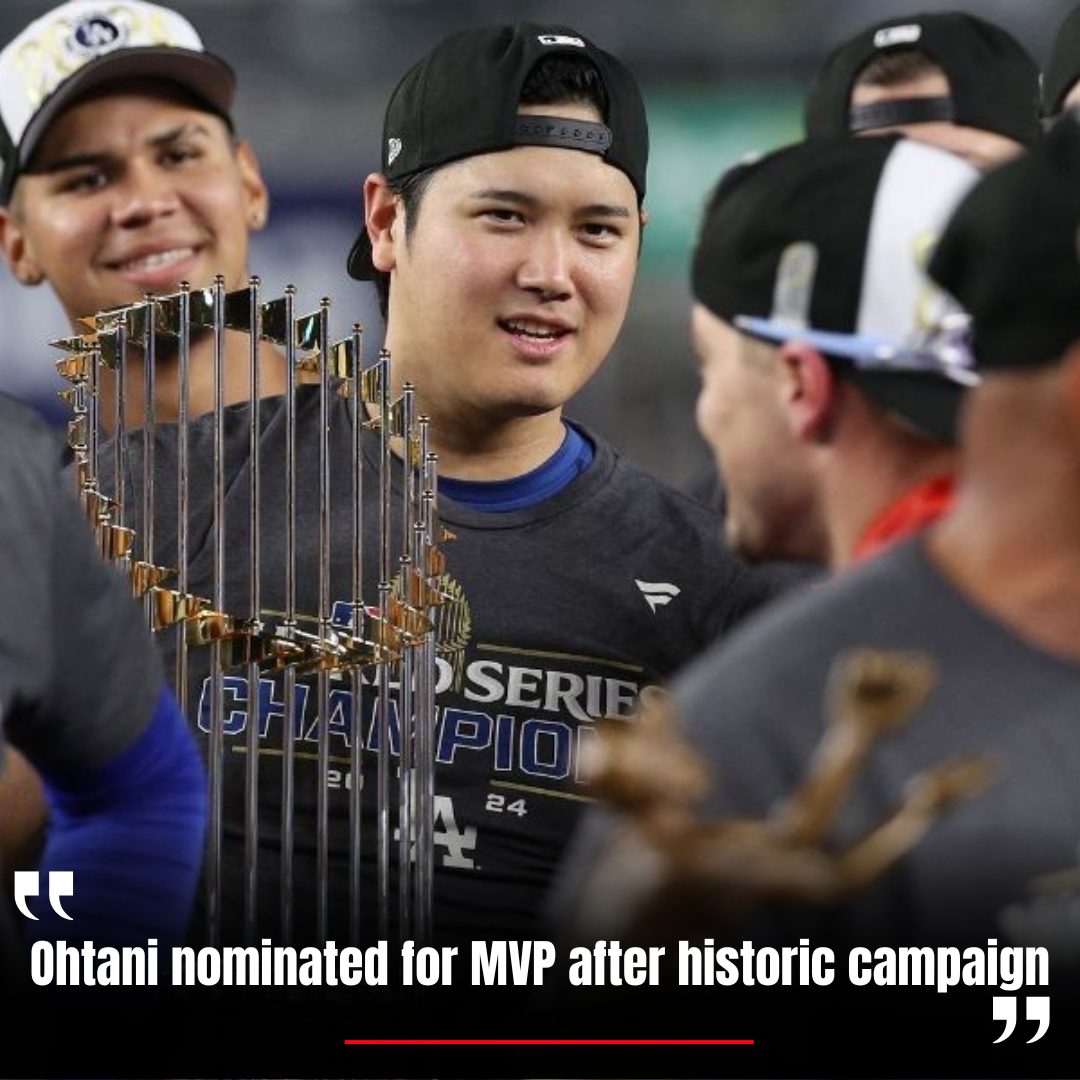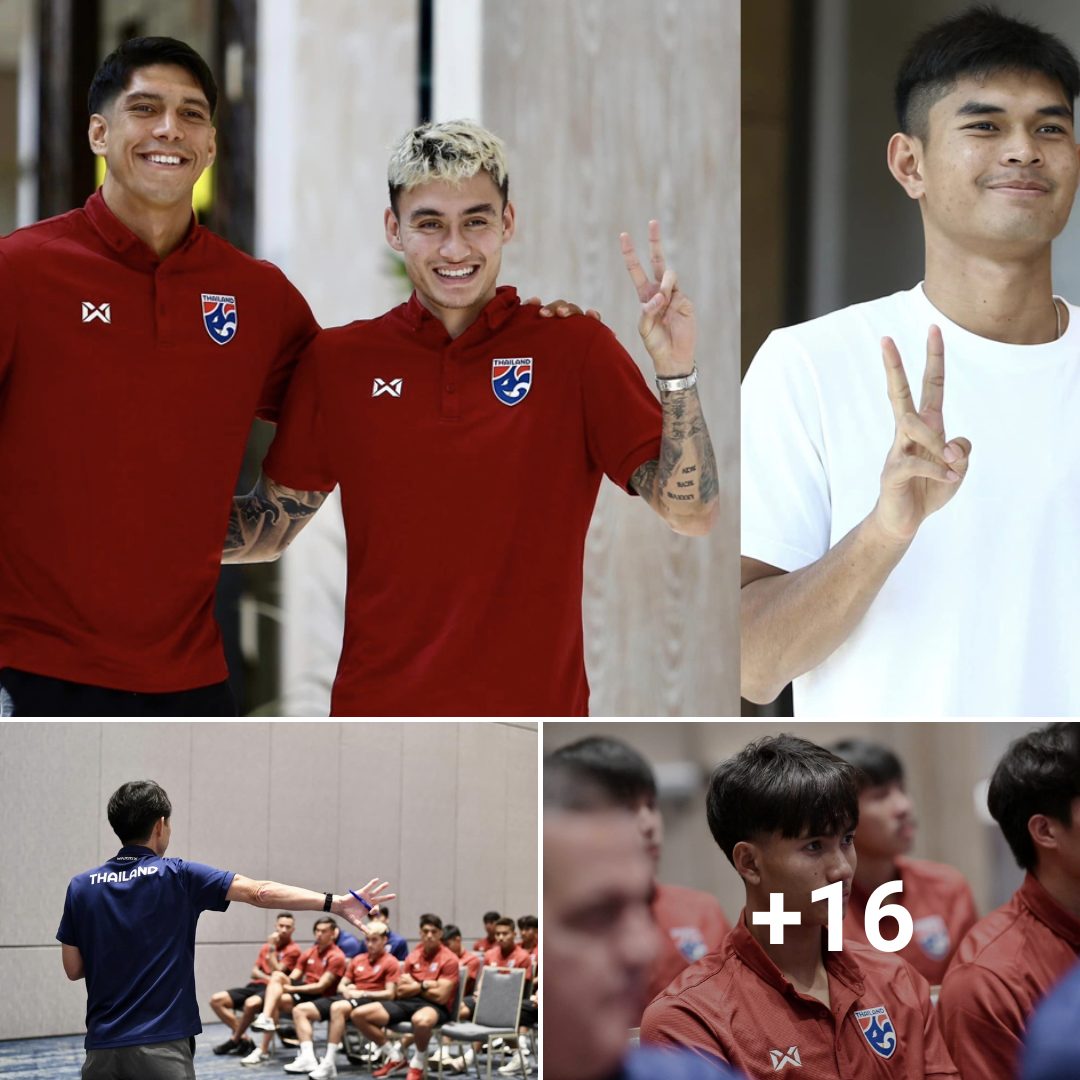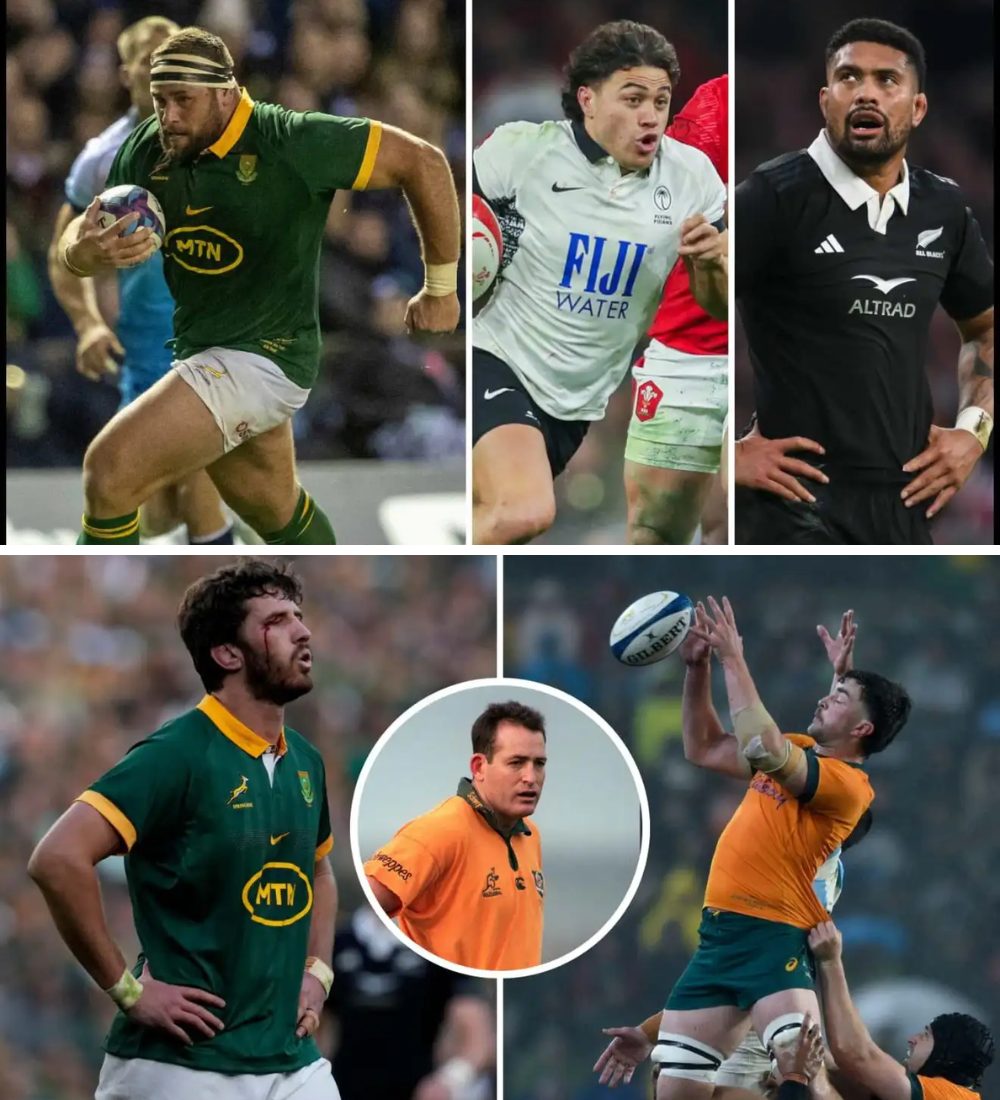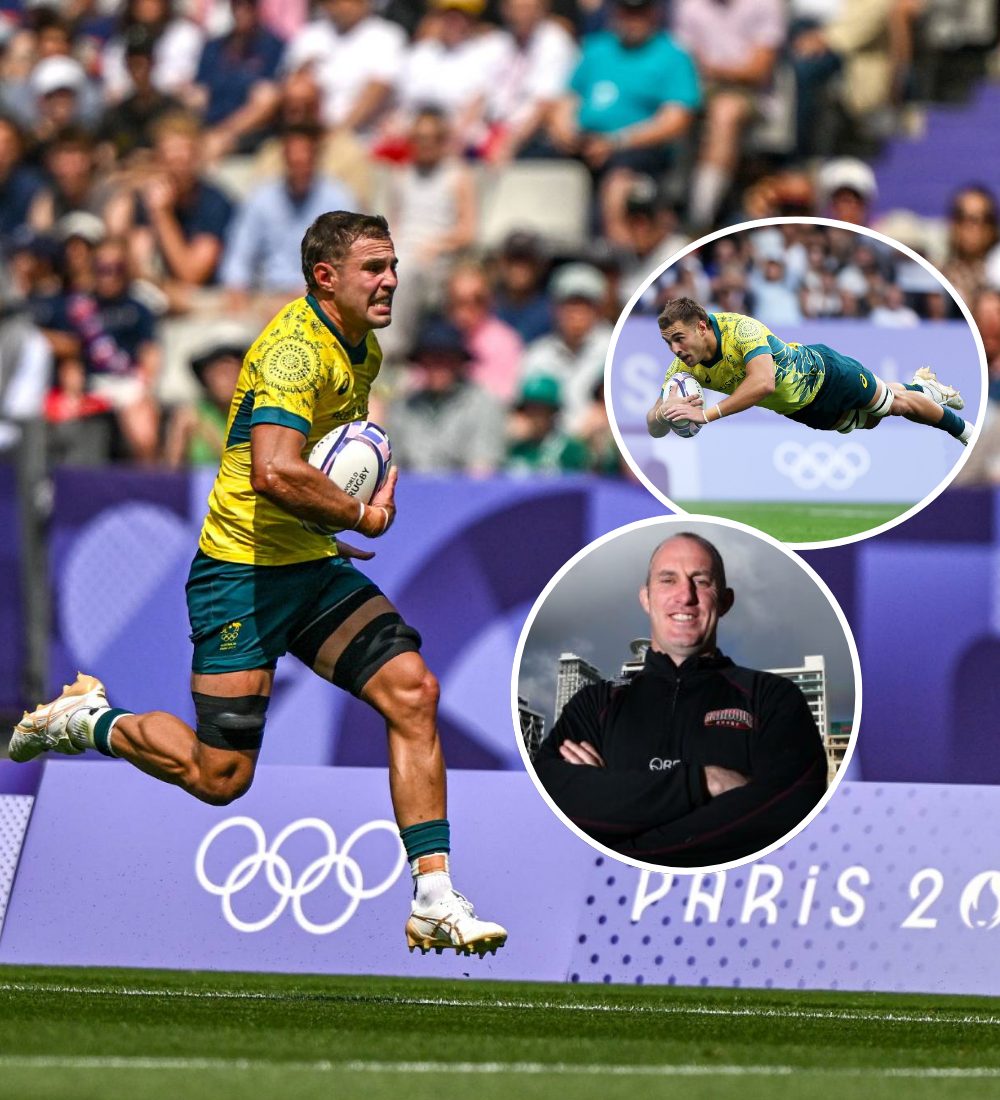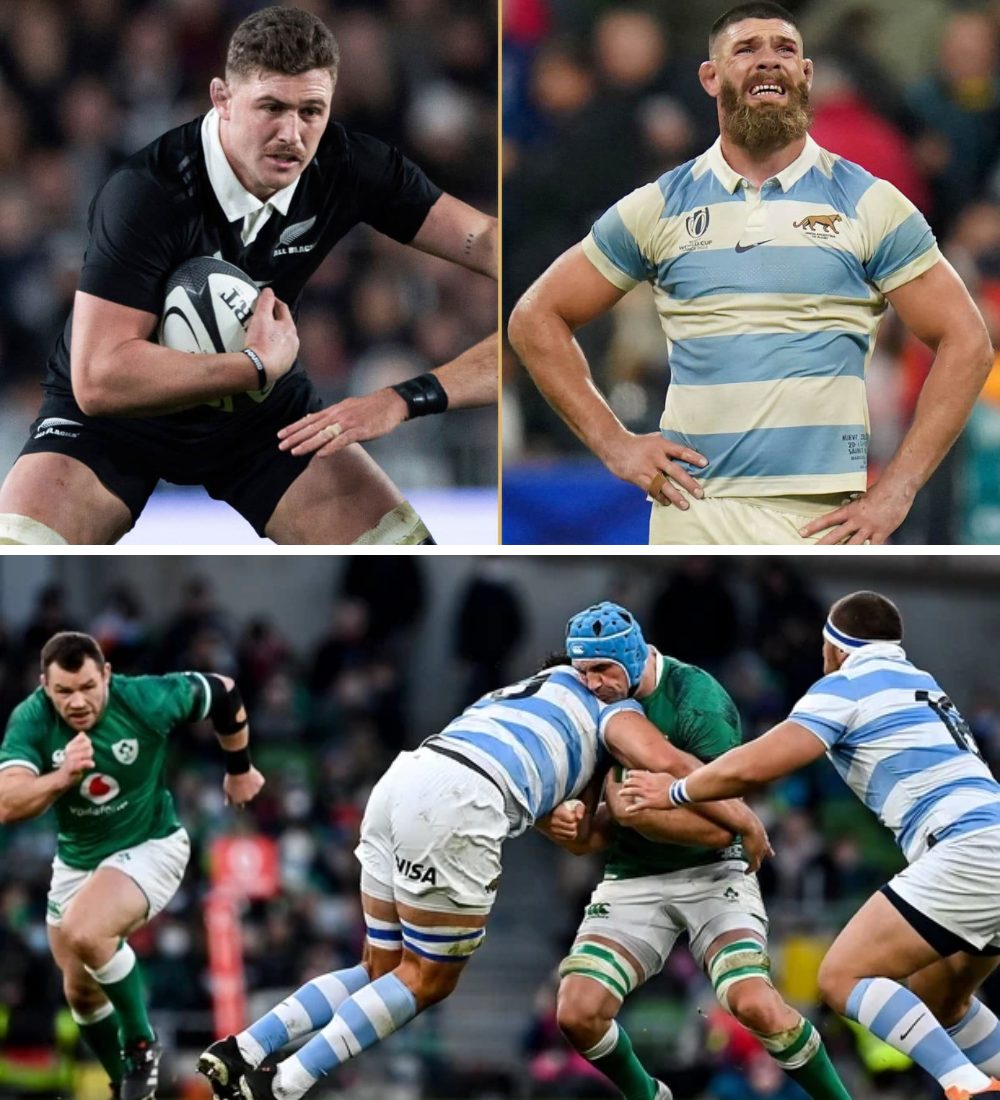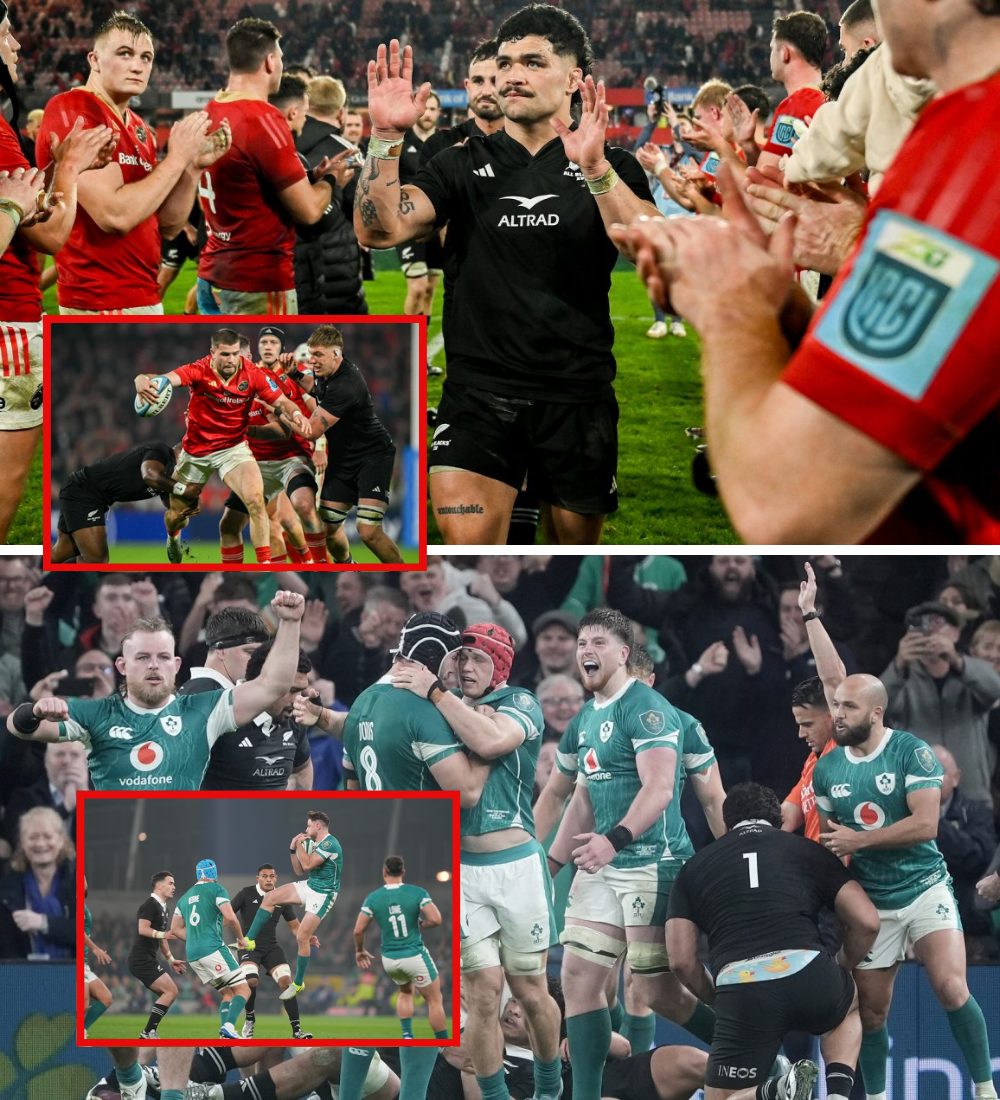Kevin Durant will play in front of Bay Area fans Tuesday night, for the first time since he left the Golden State Warriors in July 2019. He will lope onto the court in pregame introductions, acknowledge the ovation — maybe rousing, maybe not — and then find sanctuary rising into the air and sinking feathery jump shots, just like always.
Durant’s return raises an intriguing, long-range question: How will he be remembered in Warriors lore? Twenty years from now, when locals reflect on the transcendent run of Stephen Curry, Klay Thompson and Draymond Green — four NBA championships and six Finals appearances in eight seasons — how will they think of Durant, one of the game’s best players ever but a comparatively short-term Warrior?

He obviously was an instrumental figure in two of those titles and three Finals trips. He twice earned the Finals MVP award. In many ways, he alone elevated the Warriors from a great team — which won a league-record 73 regular-season games the year before he showed up — into a dynasty.

Durant’s legacy with the Warriors is especially fascinating because it inevitably sits alongside that of Curry, Thompson, Green and Andre Iguodala. Each of the three core players has spent his entire career in the Bay Area to this point, and Iguodala played eight seasons in a Golden State uniform. Warriors fans watched them grow up, in Curry’s case from 𝑏𝑎𝑏𝑦-faced rookie to 35-year-old global icon.
By contrast, Durant arrived as a fully formed superstar — at age 28, in the thick of his prime — and stayed only three seasons. He was a comet streaking across the sporting sky, lifting Curry and Co. to new heights … and then vanishing.
“Personally, when I think of Kevin, it will be gratitude,” former Warriors general manager Bob Myers said last week in a Chronicle interview. “He showed up and delivered on all the promises and expectations: two-time Finals MVP, potentially three championships and we did get two. He was everything we thought he would be as a player and teammate.”

If Warriors fans have any issue with Durant, as Myers noted, it’s probably because they wish he had stayed. But he clearly grew restless in his third season with Golden State, making his departure almost anti-climactic.
Maybe Durant really did want to play with Kyrie Irving in Brooklyn. Maybe he became tired of Green, after their infamous sideline clash in November 2018. Or maybe Durant became frustrated playing second fiddle in popularity to the ever-likable Curry.
Even so, Durant’s former teammates will not utter an untoward word about him. They’ve greeted him warmly when the Warriors played the Nets and Suns in recent seasons; Curry, in particular, seems to have maintained a close relationship with Durant.
Asked last week about Durant’s impending return, Thompson said he will be remembered as one of the greatest Warriors, alongside Rick Barry, Curry, Wilt Chamberlain, Nate Thurmond and Chris Mullin (Klay knows his franchise history). Thompson referred to Durant’s time with Golden State as “three magical years.”

Thompson also didn’t hesitate when the idea was broached: As good as the Warriors were before Durant hopped aboard, did he make them a dynasty?
“Absolutely — oh, yeah,” Thompson said. “When you add one MVP (Durant) to another (Curry), along with the collection of talent we had, that makes for a special group. … I think that version of the Warriors was one of the greatest teams in basketball history.
“No weaknesses, position-less basketball, switchable on defense, shooters everywhere. It was awesome to be part of. I think that era really changed the direction of how the game is played.”
It’s easy to forget sometimes, given how smoothly the Warriors hummed with Durant in the 2017 postseason — 16 wins, one loss — but they became borderline unbeatable before he joined them. Golden State went 140-24 in the two previous seasons, and probably would have won both championships if not for Green tangling with LeBron James in the 2016 Finals, earning a one-game suspension.
That launched Cleveland’s comeback, led to Green recruiting Durant to the Warriors and forever changed this whole conversation.
“Could those guys have done it without Kevin?” Myers said of becoming recognized as an NBA dynasty. “Maybe, maybe not. They certainly did it with him, and they’re not going to give it back. They don’t regret it.”
In a historical context, Durant’s prominent but fleeting role in this Warriors run counts as uncommon, but not unprecedented, for future Hall of Famers in their prime. Consider Oscar Robertson joining Kareem Abdul-Jabbar to lead the Bucks to the 1971 title, in one of two Finals appearances over four seasons. Or Moses Malone, then a two-time MVP, joining Julius Erving to carry the Sixers to the 1983 title.
More recently, LeBron James left Cleveland for Miami at age 25 in 2010, leading the Heat to two titles (and four Finals appearances) in his four seasons there. Then he returned to the Cavs at 29 and delivered a title in his second season. Then he went to the Lakers at 33 and did the same.
Warriors head coach Steve Kerr finds a parallel between James’ legacy with the Lakers and Durant’s with the Warriors. Kobe Bryant always will be more beloved in Los Angeles than James, as Kerr put it, but James also will be beloved for winning a championship.
In the same vein, Kerr expects Durant to receive a spirited reception Tuesday night at Chase Center.
“Warriors fans know and love basketball,” Kerr said. “Because of that, everyone around here understands how much Kevin meant to this franchise. I have no doubt he’s going to get a standing ovation Tuesday night, and he will forever be remembered as a guy who played a huge role in two championships.
“The fact he left just makes it different. That doesn’t make it good or bad, just different.”

Golden State Warriors forward Kevin Durant is seen during pregame ceremonies before Game 5 of the NBA Finals against the Toronto Raptors at Scotiabank Arena in Toronto on June 10, 2019.
Scott Strazzante/The Chronicle
One notable difference Kerr didn’t mention: Durant seemed sullen at times with the Warriors, striking on a team with “joy” as one of its principles (and led by the ever upbeat Curry). And then, even after three straight trips to the Finals, Durant chose to leave.
At any rate, the Warriors’ 2022 championship reshaped this debate in some ways. That happened three years after Durant departed and after two consecutive playoff-less seasons. It gave Curry’s crew as many championships (two) and Finals appearances (three) without Durant as with him.
So, historically speaking, the ’22 title offered an emphatic response to critics suggesting the Warriors only became the Warriors because of Durant.
“It’s a strange dynamic, because on one hand we’re all so proud of every championship,” Kerr said. “But we’re all aware that with Kevin we were loaded. When he left, we were a 3-seed (in 2022) and no longer this juggernaut. So it’s different.”
Now all the central characters are headed toward the twilight of their careers. Curry and Durant are 35; Thompson and Green are 33. Iguodala, 39, announced his retirement Friday.
And on Tuesday night — after a short Warriors video to honor him — Durant finally will play basketball again in front of Bay Area fans, for the first time since May 8, 2019 (Game 5 of the Western Conference semifinals against Houston). He didn’t play in a home game in the West finals or NBA Finals that year because of calf and Achilles injuries.
Durant did play one game at Chase Center, with Brooklyn on Feb. 13, 2021, but no spectators were allowed because of the pandemic. He scored 20 points and the Nets won 134-117. Injuries kept him from playing at Chase with the Nets the past two seasons, and also with the Suns in March.
This time, he and the fans will be there together.
